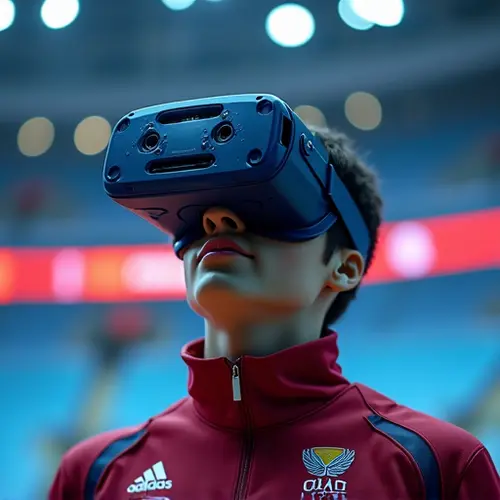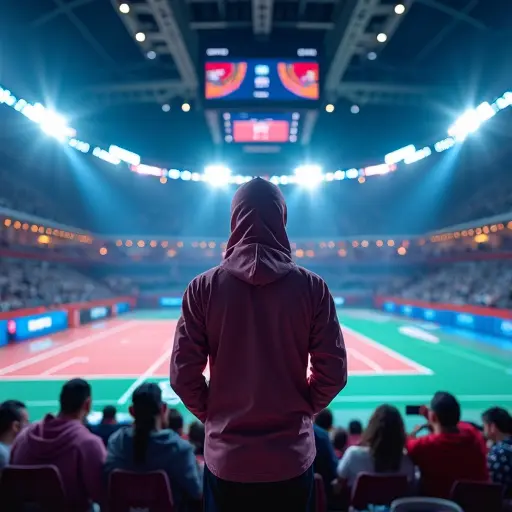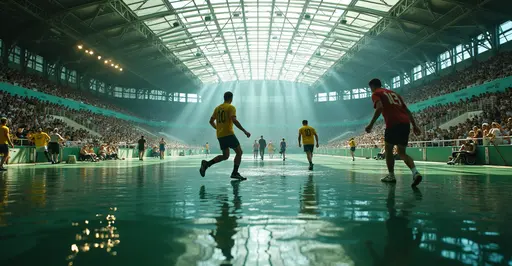The IOC's experiments with VR and esports suggest the 2030 Olympics could feature virtual competitions, blending technology and tradition to attract new audiences.

The Olympics Go Virtual: A Glimpse Into the 2030 VR Games?
The International Olympic Committee (IOC) has been experimenting with virtual reality (VR) and esports, sparking speculation about the potential inclusion of digital competitions in future Olympic Games. With trials of VR-enhanced training and the growing popularity of esports, could the 2030 Olympics feature a virtual component?
VR and Esports: A New Frontier for the Olympics
The IOC has shown increasing interest in integrating technology into the Olympics. Recent trials of VR-enhanced training for athletes suggest a shift toward digital innovation. Additionally, the rise of esports as a global phenomenon has prompted discussions about its inclusion in the Games. While traditionalists may resist, the potential for VR and esports to attract younger audiences is undeniable.
The Road to 2030
Experts believe that the 2030 Olympics could be a turning point for virtual competitions. The IOC has already partnered with tech companies to explore VR applications, and the success of esports tournaments like the Intel World Open demonstrates the viability of digital events. However, challenges such as standardization and fair play remain.
What This Means for Athletes and Fans
For athletes, VR-enhanced training offers new ways to hone skills and analyze performance. For fans, virtual competitions could provide immersive viewing experiences, blurring the line between physical and digital sports. The 2030 Olympics may redefine what it means to be an Olympian.

 Nederlands
Nederlands English
English Français
Français Deutsch
Deutsch Español
Español Português
Português






